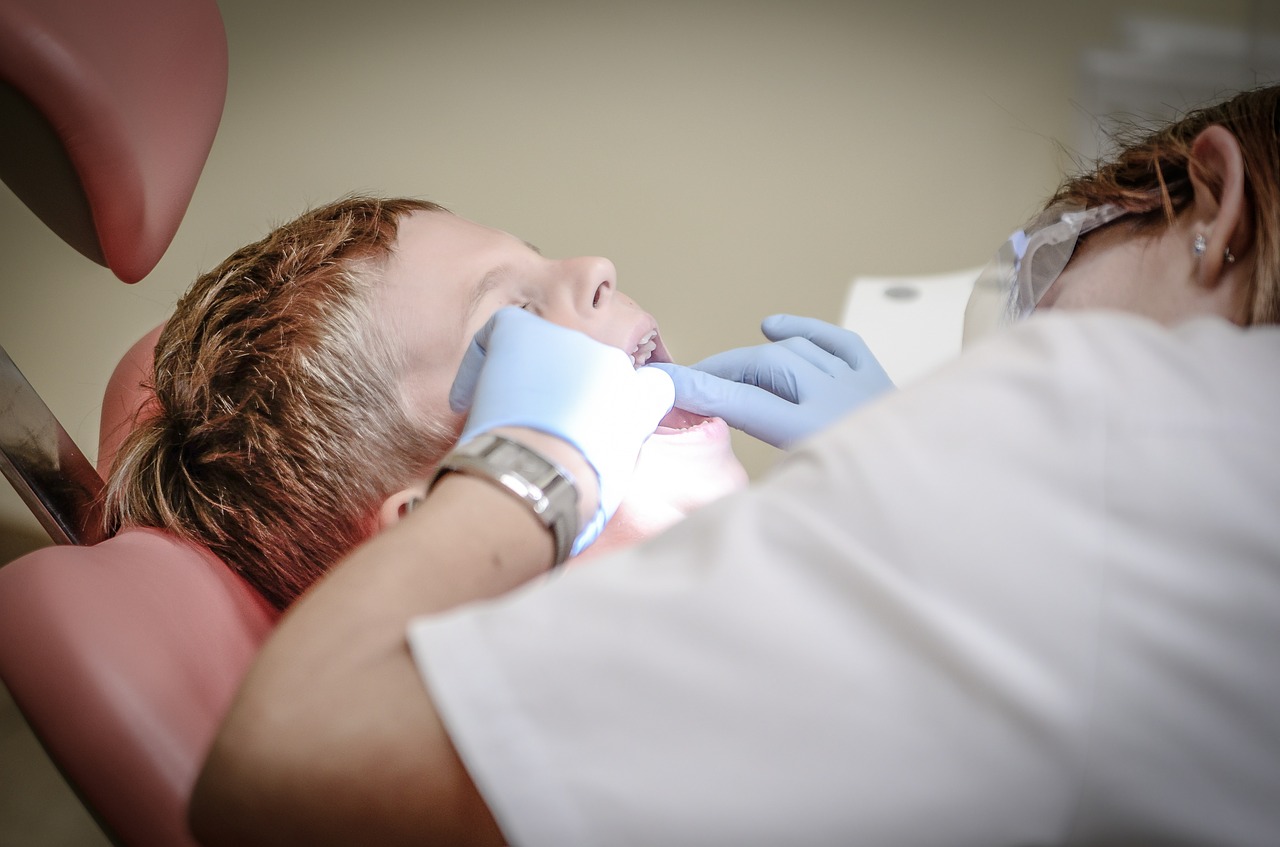Dentists Should be Aware of Oral Symptoms Related to Rett Syndrome, Study Recommends
Written by |

Dentists should be aware that children diagnosed with Rett syndrome can develop several oral symptoms that could affect their overall health and quality of life.
The study with that finding, “Oral findings in Rett syndrome: An update and review of the literature,” was published in Dental and Medical Problems
Rett syndrome is a genetic disorder characterized by several neurological and developmental impairments with onset occurring during early infancy, and affecting almost exclusively girls.
In most cases the prenatal and perinatal periods follow normal milestones, with a healthy development up until 6-18 months of the child’s life. This is followed by a period of neurodevelopmental stagnation and then rapid regression, with a decline in head growth, loss of control of hand movements, and loss of speech.
Further deterioration of cognitive abilities often leads to autistic-like behaviors, mental delay, and motor disturbances. Rett syndrome can be worsened by the development of comorbidities (coexisting conditions), such as epilepsy, gastrointestinal disorders, and spine deformities.
Only a few studies exist that focus on understanding the impact of the disease on oral health of the affected children.
For this study Italian researchers reviewed clinical data available from 12 published studies, comprising a total of 142 patients affected by Rett syndrome. Their intent was to better understand the oral aspects of the disease and possible treatments.
The team identified two main types of oral manifestations associated with Rett syndrome: those caused by the therapeutic agents used (mainly anxiolytics and anticonvulsants) and those derived from the disease itself.
Oral symptoms related to pharmacological therapies included dry mouth due to reduced saliva production, inflamed tongue, hypersensitive reaction of the oral mucosa, increased gums, swallowing difficulties, and tongue paralysis.
The problems that were found to be more prevalent among Rett syndrome patients as compared to the healthy population were bruxism (excessive teeth grinding or jaw clenching), anterior open bite (front upper and lower teeth that do not touch), high-arched palate, sucking habits, and difficulties in maintaining oral hygiene.
Grinding and the presence of multiple cavities were the most frequent dental-related findings in this population. Frequent grinding, reported more during the day than at night, should be carefully monitored over time to evaluate the need of protective procedures.
“Due to the difficulty of obtaining adequate compliancy [in maintaining oral hygiene] as well as the possible presence of gastroesophageal reflux, these patients are at a higher risk of developing caries than the rest of the healthy pediatric population,” researchers wrote.
Prevention is an essential strategy. “[D]entist[s] must implement preventive procedures with frequent followups to monitor bruxism and the onset of possible caries and abrasion. On the other hand, the role of the parents is to ensure fundamental home-based prevention regarding oral hygiene, including frequent application of fluoride gels or systemic fluoride prophylaxis. Even a diet with few cariogenic foods can help to control carious disease,” they concluded.





